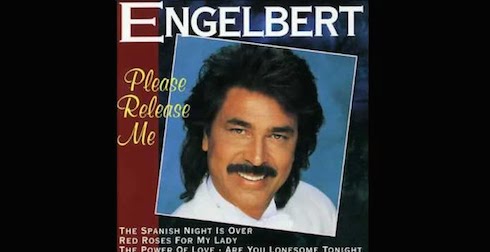Please release me
The spelling of English consonants is fairly reliable, certainly clearer than the spelling of English vowels. But one tricky aspect of consonant spelling is the fact that the letter s, when in the middle or at the end of a word, so often stands for the sound /z/.
This came up during the short course I’ve just given in Helsinki, in connection with words whose spelling ends -ease. The most common examples are divided roughly equally between those which have /s/ and those which have /z/. (Several of the course participants’ mother tongues – Finnish, Russian, Estonian, Swedish – lack a contrast between final /s/ and /z/.)
The /s/ words include release and lease; crease, increase and decrease (both verbs and nouns); also grease, cease and decease(d):
The /z/ words include please and displease; disease, ease and unease (as well as easy and uneasy); and also appease and pease:
You should be able to hear that final /s/ is stronger and longer than final /z/, while the preceding vowel, conversely, is shorter before /s/ and longer before/z/. If you can’t hear it, listen to the above clips until you can. You can also use Engelbert’s song as a reminder of the vowel length difference: Pleeeeeeeaaaaze releaSe me.
Further notes
Not included in the above are specialized words referring to enzymes, such as nuclease and protease, which are trisyllabic and end in /z/: nu-cle-ase, pro-te-ase:


Thank you Geoff! Defenitely a clear explanation for this tricky sound. In addition to making the rule memorable with the song.!!
Hello! I just would like to give a huge thumbs up for the great info you have here on this post. I will be coming back to your blog for more soon.